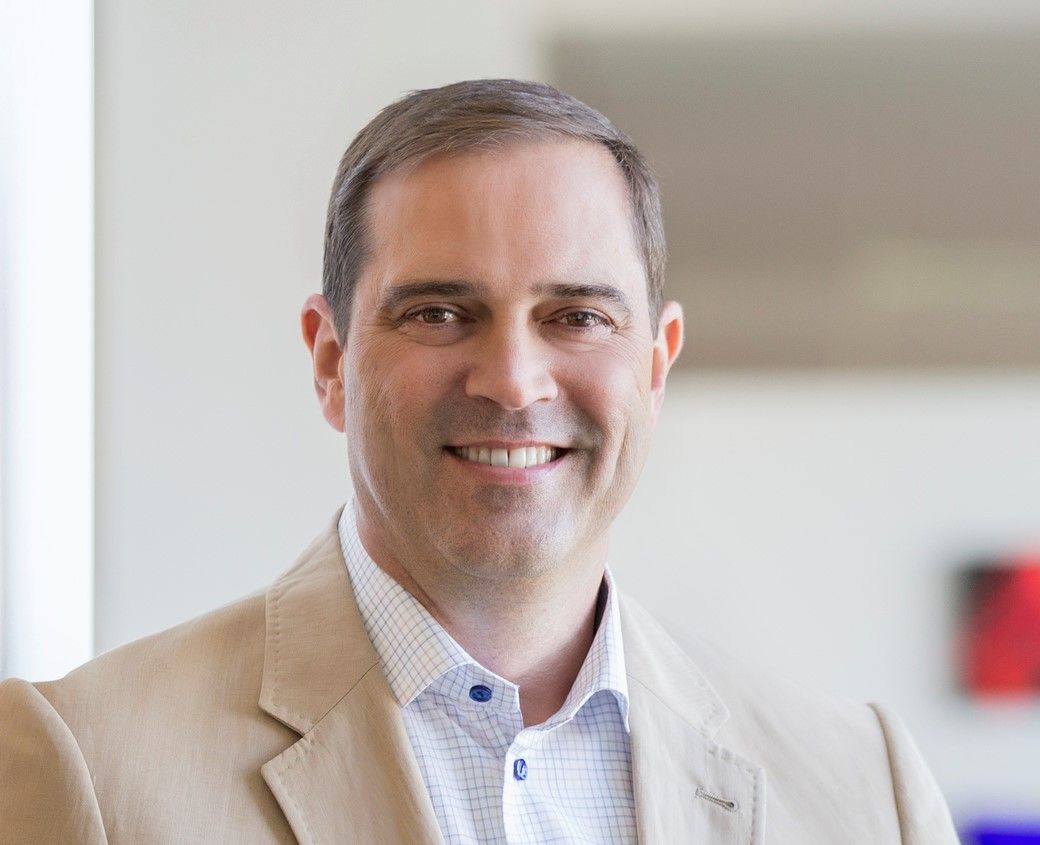Mayank Prakash, Group COO and previously CTO at wealth management specialist Tilney Smith & Williamson, has been elected President of BCS -- the chartered institute for IT -- for 2022-2023.
BCS, which has 60,000 members in 150 countries, is a charity with a royal charter that aims to support the people who work in the IT industry, and to "make IT good for society" as the charity puts it.
Prakash, who takes over from outgoing BCS President John Higgins, said: "It is a privilege to represent leading technology professionals as we explore the potential offered by technology to solve mankind’s biggest challenges: better health, sustainability, equal opportunity and better quality of life" and, thanking Higgins, said that "I look forward to building on his influential legacy to make technology good for society."
The new BCS President, who is also a NED for Uber in the UK, has extensive industry experience at the most senior levels of the IT world, including as Chief Digital and Information Office for the UK's Department of Work and Pensions (DWP) and as Chief Consumer Digital and Information Officer at energy giant Centrica.
Gillian Arnold FBCS, a Deloitte veteran and Past Chair of BCS Women and Managing Director of tech recruitment and training company Tectre, was elected Deputy President, the charity said this week.
Rob Deri, interim Chief Executive at BCS said: “Mayank has made an outstanding contribution to information technology at the highest levels across the public and private sector. As President of BCS, supported by Gillian and John, he will give BCS a powerful voice, representing professionals, academia, tech start-ups, businesses pursuing digitalisation and governments as we pursue making technology good for society.”
BCS takes blunt stance on Online Harms Bill
His election came as BCS put out an unusually blunt statement on the Online Harms Bill this week, saying that proposed legislation was "passing the buck" by blaming algorithms for a lack of online safety.
(Digital Secretary Nadine Dorries said, unveiling the legislation: “If we fail to act, we risk sacrificing the wellbeing and innocence of countless generations of children to the power of unchecked algorithms.” Her comments came the day after reports suggested that Dorries, in a meeting with Microsoft, had demanded that algorithms be banned -- a report that rapidly drew attracted some pointed comic interludes; one highlight below.)
https://twitter.com/SoozUK/status/1504125223993495555
BCS said in its response on March 17 that "singling out algorithms as responsible for children’s online safety was ‘passing the buck’. A combination of ethical design choices in those algorithms, supported by strong digital education and media literacy, was more likely to make the internet safer long-term."
Dr Bill Mitchell OBE, Director of Policy at BCS, said: “It’s how we collectively make design choices is where the problem lies. It’s also when we make badly informed choices or ones that are influenced by our own ignorance or unconscious prejudice - that is how we end up with algorithms that cause harm. When algorithms are ethically designed and competently developed, they can genuinely help improve our daily lives and the chances of solving the big problems in the world, such as caring for an ageing population and climate change.”
The draft bill was introduced in Parliament Thursday and includes plans to introduce a “duty of care” on social media companies and other user-generated-content-carrying platforms. The proposed bill can be downloaded from the government’s website here. TechCrunch has a good overview of some provisions here.
The Stack's team wish Mayank Prakash all the best for a fruitful year as BCS President.









